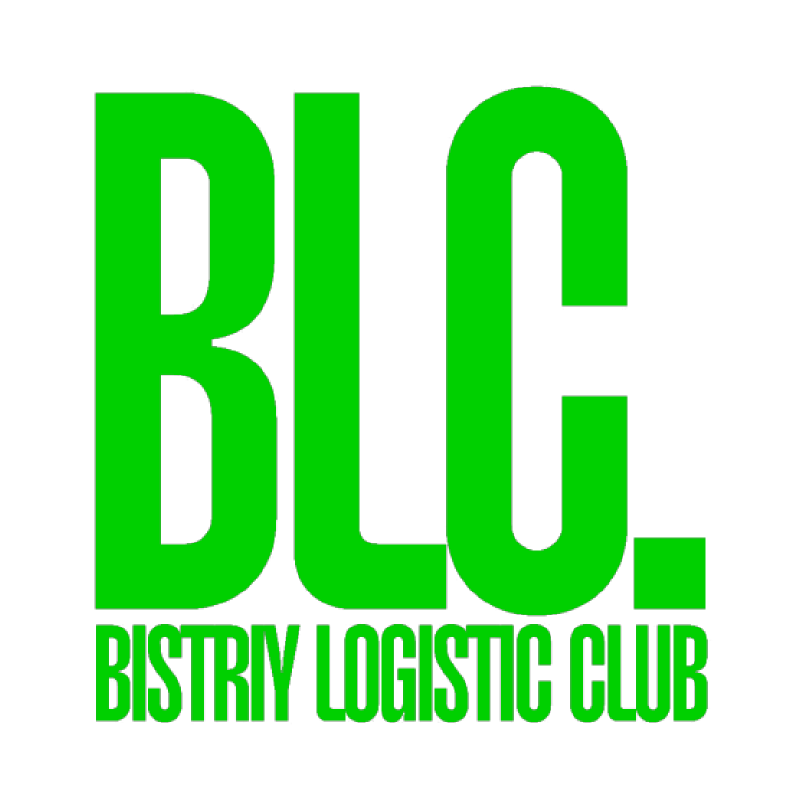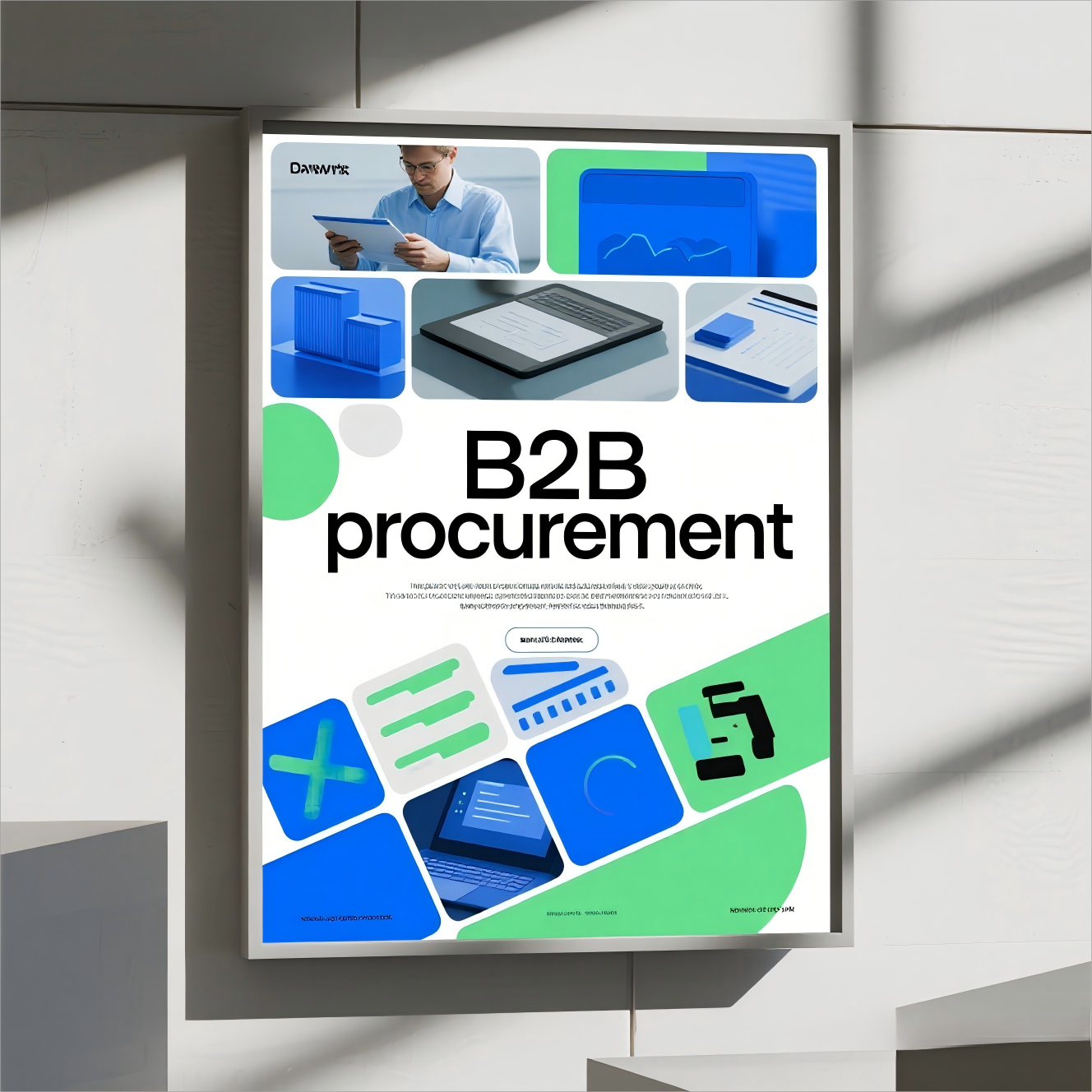Revolutionizing International Business Transactions: Modern Payment Solutions
The landscape of cross-border B2B payment methods continues to evolve rapidly as we approach 2025. With global trade becoming increasingly interconnected, businesses are seeking faster, more cost-effective ways to conduct international transactions. Traditional banking systems are being challenged by innovative digital solutions that promise to eliminate friction points and reduce processing times from days to minutes. This comprehensive guide explores the most promising payment technologies reshaping how businesses handle their international financial operations.
Digital Payment Networks and Blockchain Solutions
Enterprise Blockchain Networks
Enterprise blockchain networks are transforming cross-border B2B payment methods through their innovative approach to transaction processing. These networks leverage distributed ledger technology to create transparent, immutable payment records while significantly reducing processing times. Major financial institutions are investing heavily in blockchain infrastructure, recognizing its potential to revolutionize international money transfers.
The technology enables real-time settlement capabilities, automated compliance checks, and smart contract integration. This combination drastically reduces the administrative burden traditionally associated with international payments while providing enhanced security features that protect against fraud and errors.
Real-Time Payment Systems
Real-time payment systems represent another leap forward in cross-border B2B payment methods. These networks operate 24/7, enabling instant settlement of international transactions regardless of time zones or banking hours. The implementation of ISO 20022 standards has further enhanced these systems by providing rich data capabilities and improved interoperability between different payment networks.
Businesses utilizing real-time payment systems benefit from improved cash flow management and reduced working capital requirements. The immediate confirmation of payment receipt eliminates the uncertainty traditionally associated with international transfers, allowing companies to make more informed financial decisions.
Digital Wallets and Payment Platforms
Multi-Currency Digital Wallets
Multi-currency digital wallets have emerged as powerful tools for managing cross-border B2B payment methods. These sophisticated platforms allow businesses to hold and manage multiple currencies in a single account, facilitating seamless international transactions. The ability to instantly convert between currencies at competitive rates helps companies optimize their foreign exchange operations and reduce transaction costs.
Advanced features such as virtual account numbers and automated reconciliation tools make these wallets particularly attractive for businesses dealing with multiple international partners. The integration capabilities with existing accounting systems streamline financial operations and improve overall efficiency.
Integrated Payment Platforms
Integrated payment platforms are revolutionizing how businesses handle their cross-border transactions. These comprehensive solutions combine multiple payment methods, currency conversion services, and financial management tools in a single interface. The platforms often incorporate artificial intelligence to optimize payment routing and minimize transaction costs.
By leveraging APIs and open banking principles, these platforms can seamlessly connect with various financial institutions and payment networks worldwide. This interconnectivity enables businesses to choose the most efficient payment route for each transaction while maintaining full visibility and control over their international payment operations.
Alternative Finance Solutions
Supply Chain Financing Platforms
Supply chain financing platforms are redefining cross-border B2B payment methods by integrating financial services directly into global supply chains. These platforms enable businesses to optimize their working capital by providing early payment options to suppliers while extending their own payment terms. The use of artificial intelligence and machine learning algorithms helps assess credit risks and automate financing decisions.
The integration of blockchain technology in these platforms provides unprecedented transparency and traceability throughout the supply chain. This visibility helps prevent fraud and enables more accurate risk assessment, leading to better financing terms for all parties involved.
Embedded Finance Solutions
Embedded finance solutions are gaining traction as innovative cross-border B2B payment methods. These solutions integrate financial services directly into business software and platforms, enabling seamless payment processing without leaving the native application environment. The approach significantly reduces friction in international transactions while providing enhanced security and compliance features.
The modularity of embedded finance solutions allows businesses to customize their payment infrastructure according to their specific needs. This flexibility, combined with robust security measures and regulatory compliance capabilities, makes embedded finance an increasingly attractive option for companies engaged in international trade.
Emerging Technologies and Future Trends
Central Bank Digital Currencies (CBDCs)
Central Bank Digital Currencies are poised to revolutionize cross-border B2B payment methods as we approach 2025. Multiple countries are developing their own CBDCs, with some already conducting pilot programs for international settlements. These digital currencies promise to combine the efficiency of cryptocurrency transactions with the stability and security of traditional fiat currencies.
The implementation of CBDCs could dramatically reduce the complexity and cost of international payments by eliminating intermediaries and enabling direct settlement between central banks. This development would particularly benefit businesses engaged in high-volume international transactions.
Quantum-Secure Payment Systems
As quantum computing advances, the development of quantum-secure payment systems becomes increasingly crucial for cross-border B2B payment methods. These next-generation systems implement quantum-resistant cryptography to ensure that payment infrastructure remains secure against future technological threats. The integration of quantum-secure features with existing payment networks provides businesses with long-term security assurance for their international transactions.
The adoption of quantum-secure payment systems demonstrates a forward-thinking approach to security in international finance, protecting businesses against both current and future threats to their payment operations.
Frequently Asked Questions
What security measures protect cross-border B2B payments?
Modern cross-border B2B payment methods incorporate multiple layers of security, including end-to-end encryption, multi-factor authentication, and advanced fraud detection systems. Blockchain-based solutions add immutable transaction records and smart contract capabilities, while quantum-secure systems provide protection against future technological threats.
How long do international B2B payments typically take to process?
Processing times vary depending on the payment method chosen. Traditional bank transfers may take 2-5 business days, while modern real-time payment systems and blockchain-based solutions can complete transactions in minutes or seconds. The implementation of newer technologies continues to reduce processing times across all payment methods.
What factors influence the cost of cross-border B2B payments?
Several factors affect the cost of international B2B payments, including transaction fees, currency conversion rates, processing times, and the number of intermediaries involved. Modern payment solutions often reduce costs by eliminating intermediaries, optimizing currency conversion, and leveraging technology to streamline processes.


